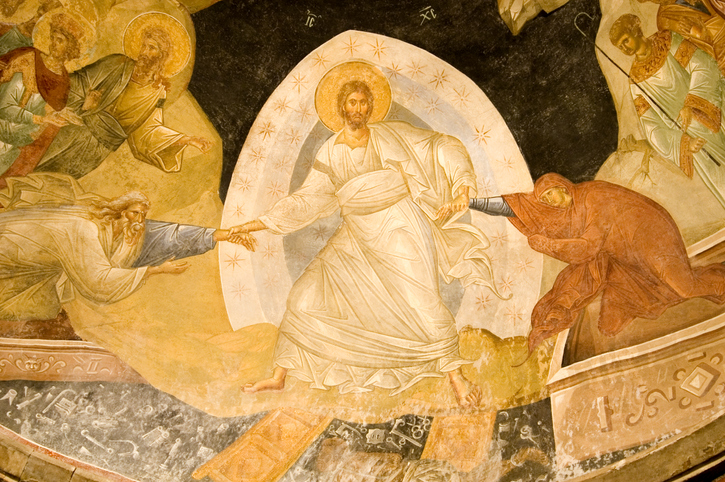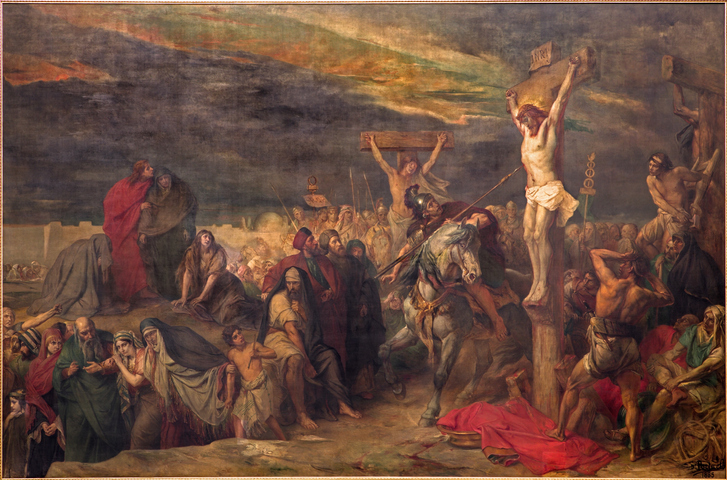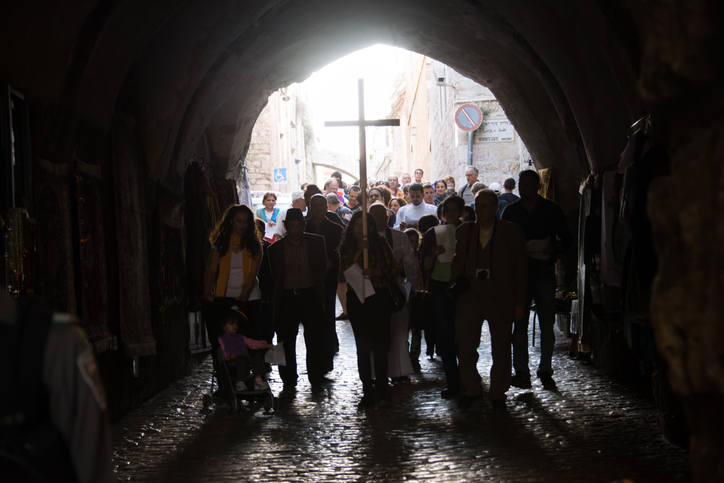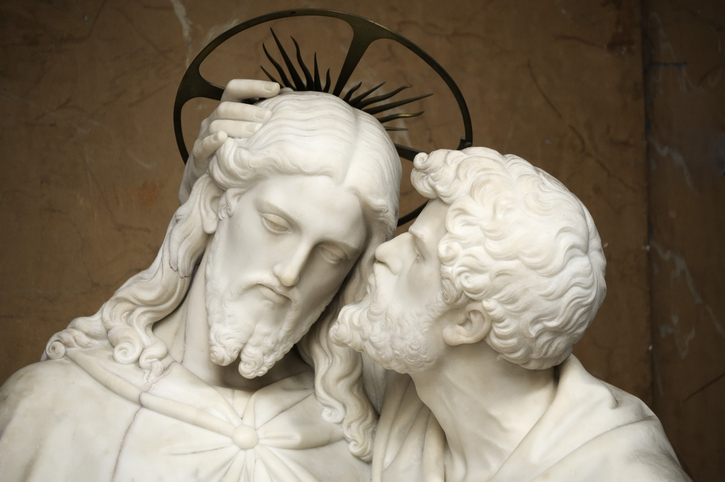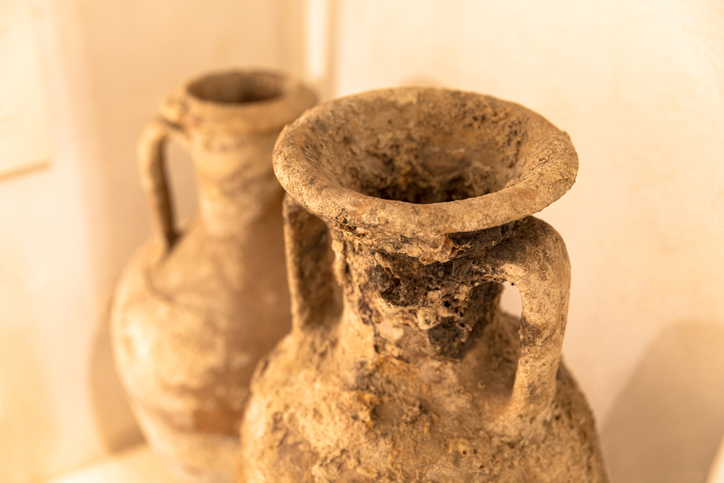Christ is risen, alleluia, alleluia! Often times, Catholics and Christians alike forget that Easter is a whole liturgical season spanning 50 days and not just the one solitary Sunday. As we continue through this joyful Easter season, I wish to offer you just a simple reflection.
“The two recounted what had taken place on the way and how he was made known to them in the breaking of the bread.” (Luke 24:35)
The risen Christ has just encountered two disciples on the road to Emmaus, which is one of the more recognizable Gospel passages. There are many references of “the way” in each of the four Gospels, comparing one’s faith to a journey. Let’s take a look at the two disciples’ faith at this moment between the initial encounter with Christ on the road and the moment He appears to all of the disciples in Jerusalem, which is the rest of today’s Gospel.
Take a moment to sort through the range of emotions that must be flooding through these two disciples in the retelling of the story. Were they disappointed that they failed to recognize Jesus at the exact moment they met on the road? What about later as He interpreted the scriptures for them, explaining why the Messiah needed to suffer all that He did? There were so many opportunities for recognition and yet it took all the way to the end, to the breaking of the bread, for the two to open up their eyes.
And yet, at the same time, there must have been deep gratitude in their hearts that Jesus chose to meet them and reveal Himself to them at all. What a humbling moment it must have been! As I place myself in their shoes, I struggle to find any other words to describe this possible feeling.
I’m sure they wondered why Jesus vanished at the moment they recognized Him, wondered if they would have another encounter with Him ever again. How long would the risen Christ be around? In their hard-heartedness, did they wonder if He would succumb to death again?
Think about the simple act of recounting the story. Did they argue about who was telling the story to begin with? Were there conflicting accounts? Did one forget details that the other was able to fill in? Are they telling the story over and over again out of gratitude? Out of disbelief? Were they trying to commit their meeting with the Lord to memory?
On the other side of the story, what about the other disciples? The listeners? Did they believe the story being told or were there doubts in their minds and in their hearts? Were the two disciples desperately trying to convince the others the validity of what had happened?
I invite you to take these thoughts and questions to prayer with you throughout this season of Easter as we continue to open our own eyes to the glory of Christ’s Resurrection.

Bio: Erin is a Parma Heights, Ohio, native and a 2016 graduate of the Franciscan University of Steubenville. She uses her communication arts degree in a couple of different ways: first, as an Athletic Communications Assistant at Baldwin Wallace University and, secondly, as a youth minister at her home parish of Holy Family Church. Although both of her jobs are on complete opposite spectrums, she truly enjoys being able to span the realm of communications. You can follow her on multiple Twitter accounts – @erinmadden2016 (personal), @bwathletics (work) and @HFVision (youth ministry).







